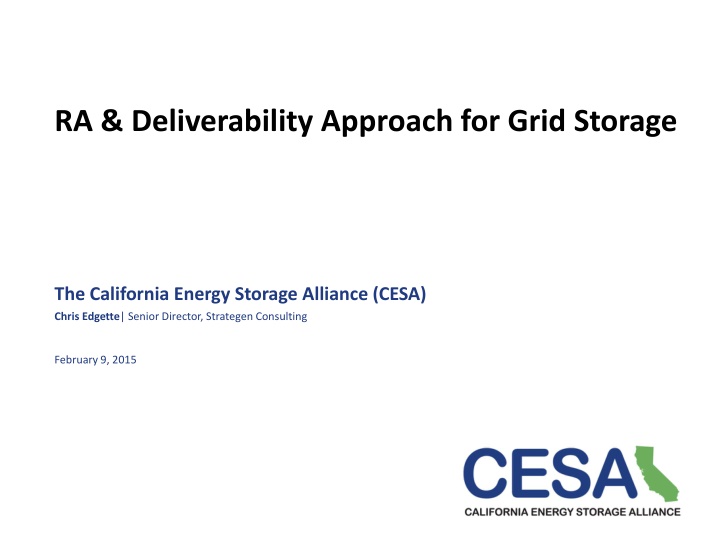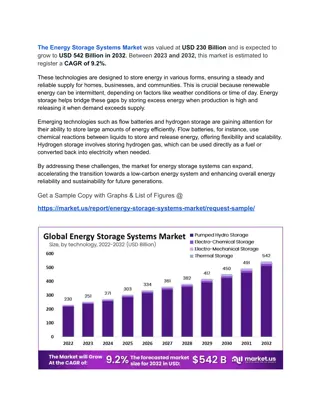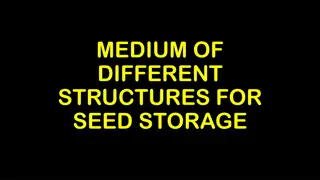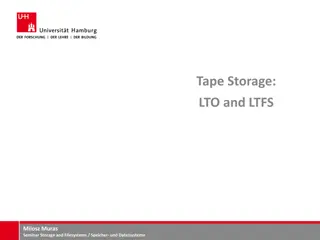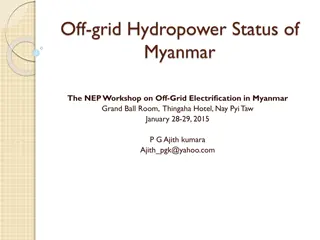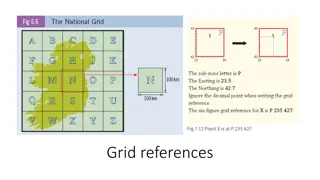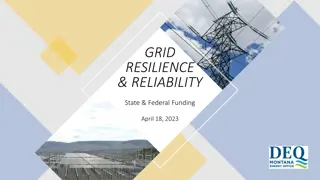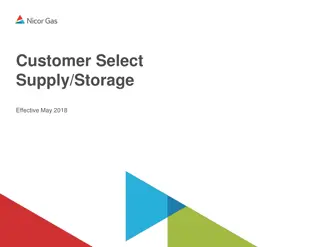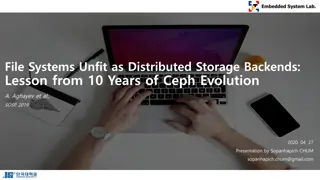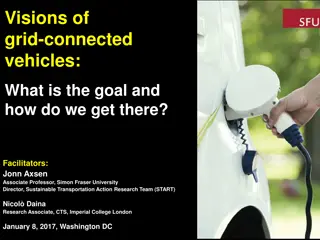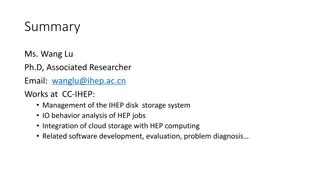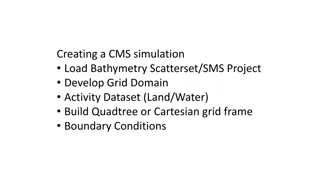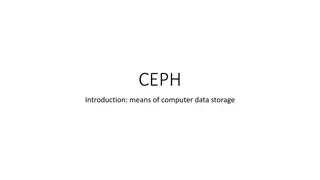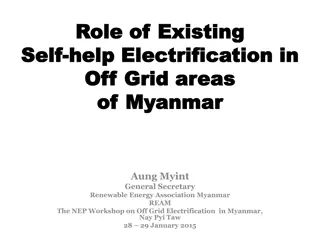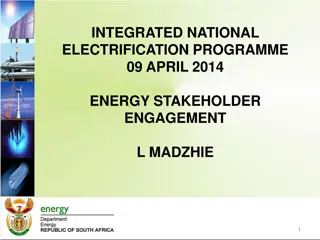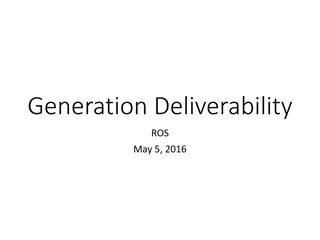RA & Deliverability Approach for Grid Storage in California
The California Energy Storage Alliance (CESA) supports various actions for RA eligible storage, focusing on system/local deliverability studies and capacity flexibility. The organization also addresses non-RA eligible storage resources and their roles in transmission and distribution upgrades. CESA's draft proposed approach emphasizes a metric for storage operation time periods, benefitting from a flexible deliverability study that enhances cost effectiveness and transmission upgrade strategies.
Download Presentation

Please find below an Image/Link to download the presentation.
The content on the website is provided AS IS for your information and personal use only. It may not be sold, licensed, or shared on other websites without obtaining consent from the author.If you encounter any issues during the download, it is possible that the publisher has removed the file from their server.
You are allowed to download the files provided on this website for personal or commercial use, subject to the condition that they are used lawfully. All files are the property of their respective owners.
The content on the website is provided AS IS for your information and personal use only. It may not be sold, licensed, or shared on other websites without obtaining consent from the author.
E N D
Presentation Transcript
RA & Deliverability Approach for Grid Storage The California Energy Storage Alliance (CESA) Chris Edgette|Senior Director, Strategen Consulting February 9, 2015
CESA Supports Multiple Actions for RA Eligible Storage Energy Storage Approach Actions at the CPUC Unbundle EFC from NQC (SDG&E Proposal) Actions at the CAISO Use existing system/local deliverability study 1 ES providing system/local and flexible capacity Continue developing flexible deliverability study process 2 ES providing flexible capacity only Unbundle EFC from NQC (SDG&E Proposal) Continue developing flexible deliverability study process Allow EFC-Only resources 3 ES that does not add to the pMax of existing generation Develop ELCC methodology that accounts for on-site storage with generation Pre-COD: Expand material modification options to account for flexibility addition (But seeks updated ELCC and EFC values) Develop EFC methodology that accounts for updated flexibility of hybrid resource Post-COD: Reevaluate hybrid resource for standard and/or flex only (e.g. no new reliability study) 2
Non-RA Eligible Storage Resources - Clarification Energy Storage Approach CPUC CAISO 4 ES as a non-wires alternative for transmission upgrades Not RA Eligible Included in TPP 5 ES as a non-wires alternative for distribution upgrades Not RA Eligible CESA supports market participation for rate based assets 6 ES installed for market participation only Not RA Eligible No change this is an EnergyOnly resource 3
CESA Draft Proposed Approach to Deliverability Metric Storage Operation Time Period System/Local Deliverability Study (existing) pMaxRA Discharging Summer Evening Peak Spring Midday Off Peak (low net load) Flexible Deliverability Study (proposed) pMinRA Charging pMax Discharging Spring Evening Peak Advantages of proposed flexible deliverability approach: Leads to a cost effective, realistic transmission upgrade strategy Accounts for charging load as an aspect of flexibility Straightforward study modeling 4
Distributed Energy Storage RA Qualification Concerns Concern Action Agency Additional RA Guidance is needed for behind the meter resources which are: Continue developing Supply Resource DR CPUC Fully grid interactive Highly available Independent from load Independently metered Deliverability Studies are not set up for distributed resources: Account for distributed resources in deliverability study and process development CAISO $50,000 study per individual site is too high for distributed generation CAISO Addresses may not always be available at time of study; regional studies should be allowed. 5
